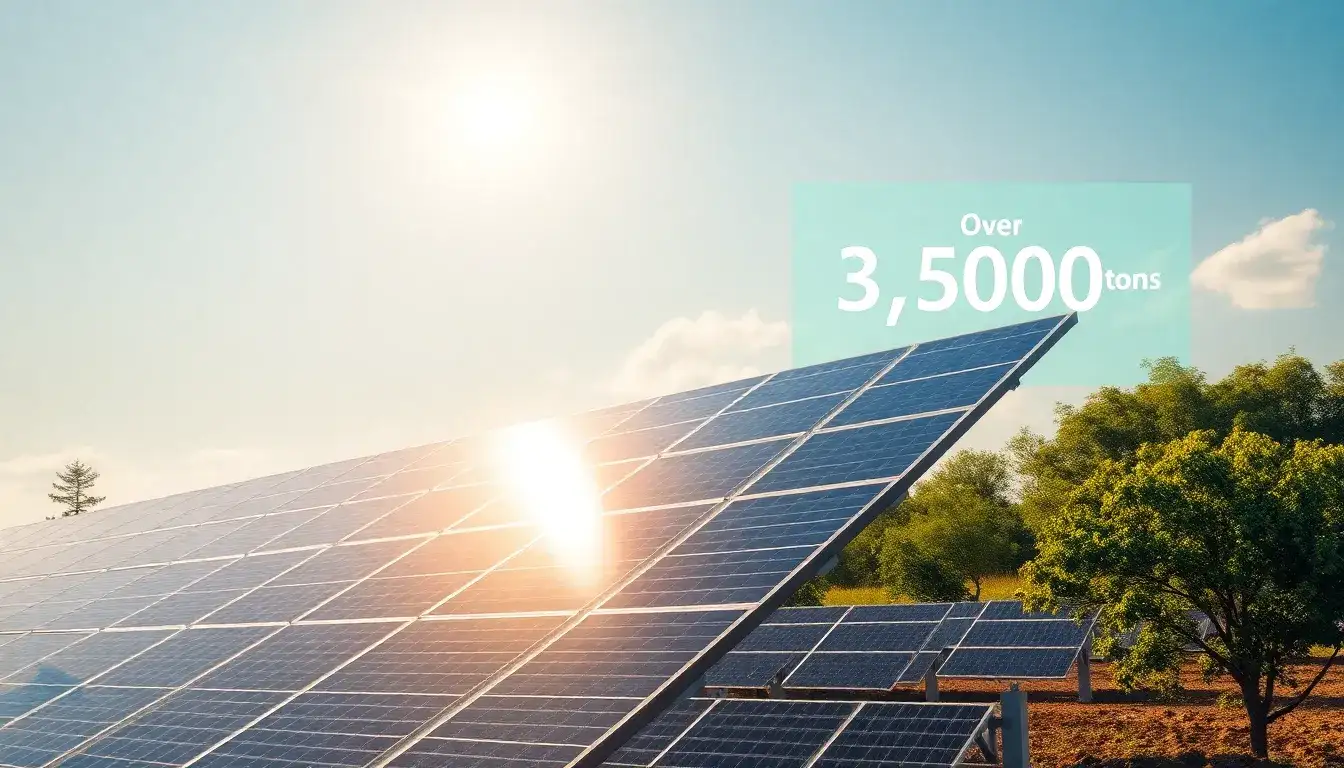
According to reports from SHEIN, the company plans to significantly enhance its sustainability efforts in 2024. Throughout the year, SHEIN aims to generate over 65 million kilowatt-hours of solar energy from its domestic warehouses and supplier factories, marking a remarkable 150% increase compared to the previous year. This energy production is equivalent to the annual electricity consumption of over 10,000 average households and is expected to result in a carbon reduction of more than 35,000 metric tons.
SHEIN’s solar power initiative involves the installation of photovoltaic systems on rooftops, which convert sunlight into electricity. This innovative approach to utilizing green energy not only provides local power and minimizes energy loss associated with long-distance transmission but also achieves zero pollution emissions.
The rooftop solar project is a crucial component of SHEIN’s comprehensive strategy for carbon reduction. Currently, the proportion of green electricity used in SHEIN’s self-operated warehouses and logistics parks has reached nearly 80%, with plans for further enhancement. The company’s upcoming smart supply chain base will be fully equipped with rooftop solar panels.
In addition to its own facilities, SHEIN actively promotes the use of renewable energy among its suppliers, offering tailored installation solutions for photovoltaic systems and providing cash incentives. By the end of 2024, the number of SHEIN supplier factories utilizing solar power is expected to increase by approximately 180%.
Beyond rooftop solar projects, SHEIN has collaborated with various domestic and international organizations and experts to develop a range of sustainable development and energy-saving initiatives for its suppliers. These include projects focused on design-driven clean energy, supplier energy efficiency leadership, and the integration of standardized energy-saving practices in factories.
SHEIN is also committed to improving sustainability across all stages of its product lifecycle, driving technological innovation, and enhancing its green and low-carbon transformations. The company has invested over 10 billion yuan in smart supply chain infrastructure, aiming to further reduce costs and enhance sustainability within its operations.
For instance, in the raw materials sector, SHEIN has partnered with Donghua University, a leading institution in the industry, to develop a groundbreaking solution for recycled polyester. This solution not only ensures the quality of recycled materials but also broadens the scope of recyclable materials, potentially accelerating the use of recycled polyester.
Recently, SHEIN established a joint laboratory with a leading enterprise in functional chemicals and new materials, focusing on innovations in textile dyeing technology, particularly in the areas of digital processing, green low-carbon upgrades, and new functional fabrics.
In its efforts to promote sustainability, SHEIN has also sourced surplus materials from other brands and launched several product lines containing a higher percentage of recycled materials, providing eco-conscious consumers with diverse and unique options.
In production and manufacturing, SHEIN has developed a digital cold transfer denim process that reduces water usage by 70.5% compared to traditional denim production methods. Additionally, the company promotes waterless techniques and digital heat transfer printing across its supply chain, achieving a current usage rate of 65%. This not only conserves energy and reduces carbon emissions but also enhances efficiency.
In terms of packaging, over half of SHEIN’s shipping bags are now made from recycled materials. The company has also optimized the size and thickness of its garment packaging through rigorous testing, consistently working to minimize the use and generation of virgin plastics.
In the warehousing and logistics sector, apart from the rooftop solar initiative, SHEIN has collaborated with partners such as Heavy Truck, Dongfeng, and CATL to test and deploy 9.6-meter electric cargo vans for inter-warehouse transportation. A large-scale rollout is planned, with over 130 units expected by 2025, potentially reducing carbon emissions by nearly 10,000 metric tons annually.







